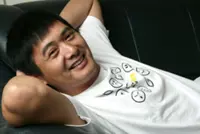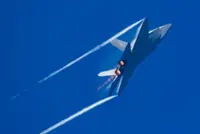Chinese astronauts will get a new, ultra-thin diaper after complaining about discomfort caused by the current product down under, according to researchers involved in the nation’s latest space nappy project.
“Feedback from astronauts is that the current space nappies are too thick and cause a strong sense of pressure on the underside,” according to a paper published in the Chinese peer-reviewed Manned Spaceflight journal in April.





